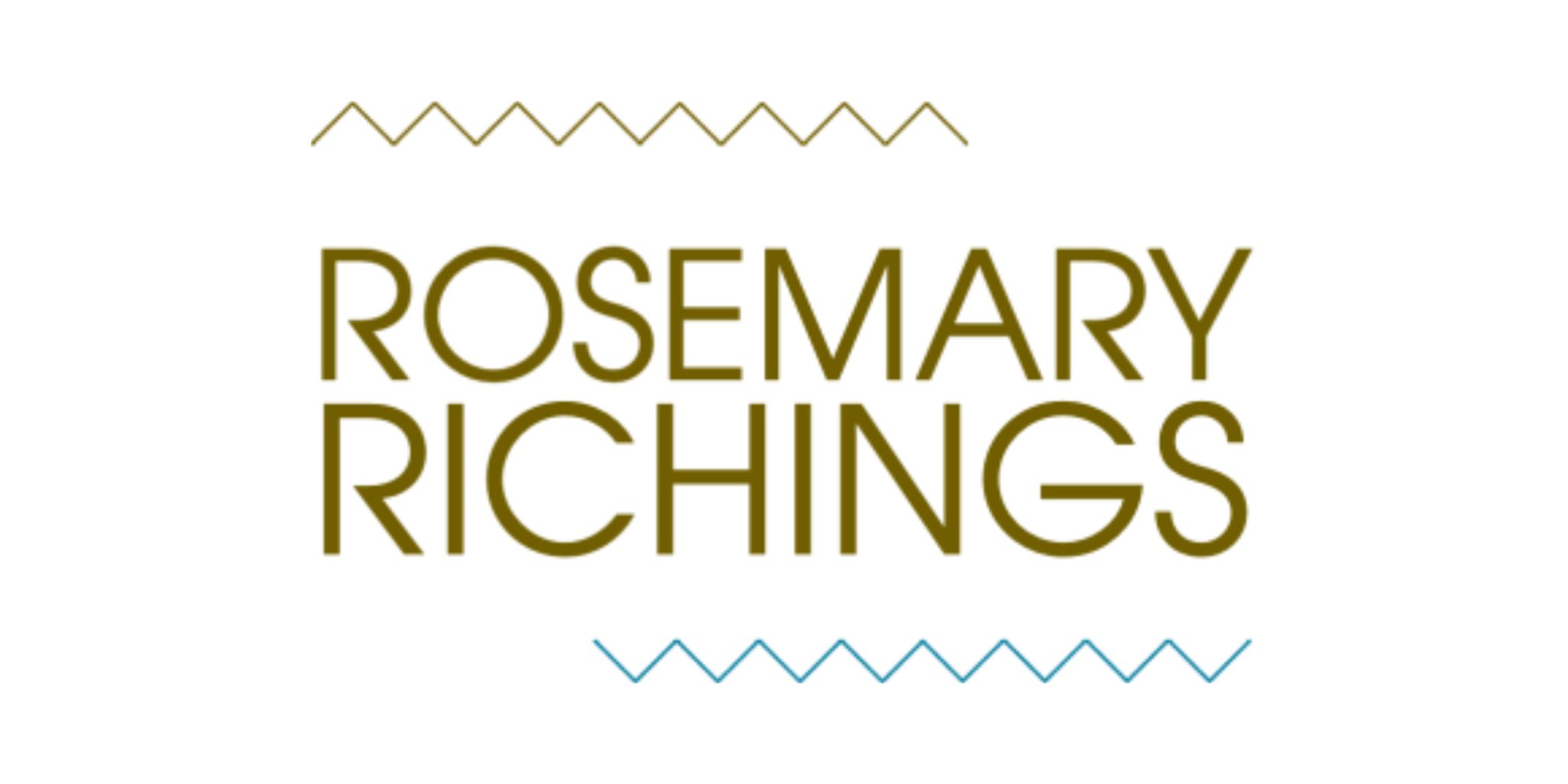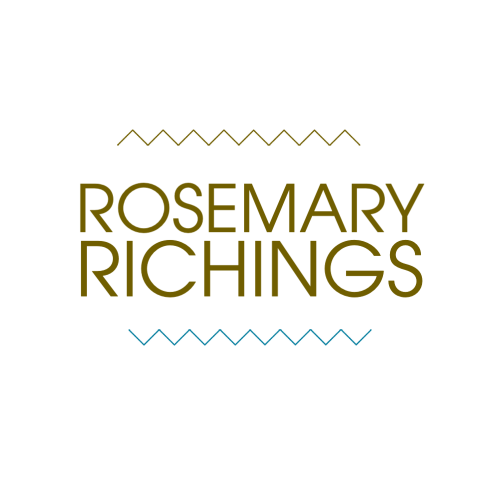The first ever version of the about page that I wrote for my website page really, really sucked. Fortunately, the most recent version actually sounds like it’s written by a person with a pulse, while making it pretty damn clear what kind of writing I do.
I read so many different perspectives on about pages, like a lot, but a lot of them seemed more like they were written for corporations, rather than soloprenurs and entrepreneurs. The only ones that seemed the least bit applicable to the type of writing I do were two different e-books about writers’ websites. One was written by the founders of Freelance FAQs, and one was written by the founder of Writing Revolt. I’ve also found the Freelance Hustle perspective on about pages extremely helpful.
I get it, I really do, the words “about me” seem like an invitation to tell the entire world your life story. Well…that’s only partially true. This doesn’t necessarily mean that you should leave your personality out of the equation. Whenever I find myself creating a brand new web page or blog post for my clientele, I can’t help but think of the gangsters of Pulp Fiction, because of their great take on why personality is important.
Personality goes a long way because you’re probably not the first candidate that this person has stumbled upon. At the end of the day, the potential client is more likely to pay attention to the person with an amazing personality, although having a great portfolio, testimonials, etc, is what will save you from going straight into the slush pile.
The art of the about page is about using your personality in ways that are 100% relevant. For instance, if you’re a health writer, you’ll probably want to mention fitness affiliated interests and experiences, and if you write about parenting you’ll likely want to mention either your kids, your experiences working with children, or all of the above.
Some writers, however, choose to include a fun facts section in order to show people a glimpse of what they’re like when they’re not writing, and that’s also, 100% okay. Some examples of places where that’s been done tastefully include Alicia Rades’ website, the Innovative Ink website, and The Content Company Toronto “The Team” section. Often this is what adds a pinch of authenticity to the page, and makes it about more than just the person’s work life. Showing a multi-dimensional overview is what signals to the reader that you’ll likely be a great person to work with.That’s equally as important as how qualified you are.
A client once hired me to take a similar approach and it worked extremely well. They wanted to proudly tell the story of their restaurant, while making it pretty damn clear who they are, and what they’re passionate about.
Overall, I find that proudly displaying your values, and personality, while letting people know what you do, and what you’ve achieved, without making the word count too large is an approach that gets peoples’ attention. I hope I cleared up all your uncertainties about the about page writing process. If not, I’m here to help.


